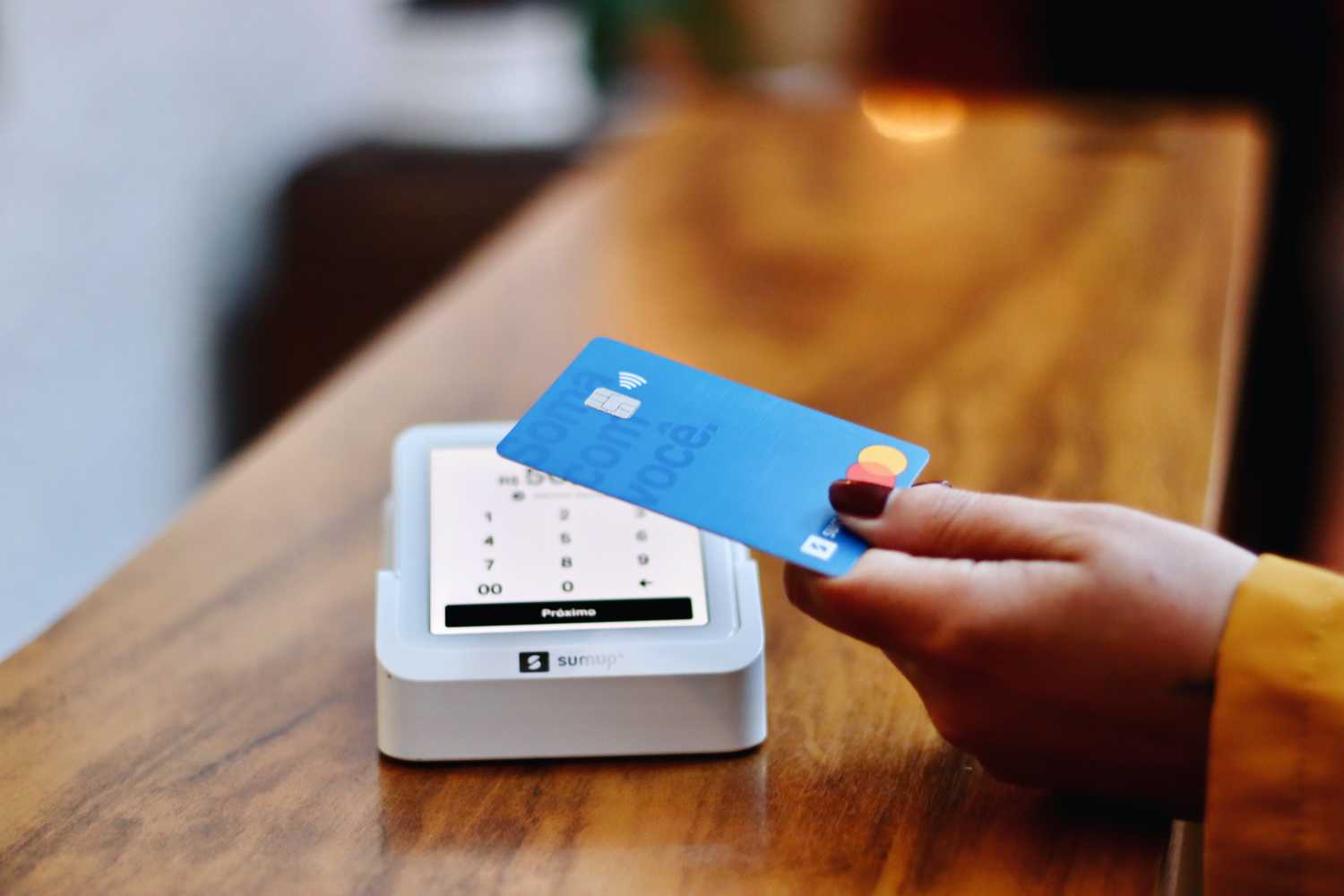Learn How To Be Responsible With Client Data
ByJulian Gette
Workast publisher

Workast publisher
In today's digital age, the handling of client data has evolved from an administrative necessity to a critical business responsibility. No matter the industry, the trust our clients place in us by sharing their personal information underlines the importance of data protection. The repercussions of mishandling client data can be catastrophic, ranging from legal issues to a damaged reputation that can greatly affect the growth of a business. In this guide, we will delve into how to responsibly manage client data, ensuring utmost security and compliance with relevant data protection laws. We'll explore best practices, discuss potential pitfalls, and provide actionable strategies to help you maintain trust and integrity in your client relationships. With these tools in hand, you'll not only uphold your ethical responsibility but also enhance your business’s credibility and competitiveness in the marketplace.
Before diving into strategies and best practices, it's important to have a solid foundation of the legal landscape that governs data protection. Regulations such as the General Data Protection Regulation (GDPR) in the EU and the California Consumer Privacy Act (CCPA) in the US are just a few examples of the laws in place designed to safeguard personal data. These laws outline the rights of individuals regarding their personal data and the obligations of companies that handle such data. Understanding these laws is essential in creating a data handling process that is compliant and respectful of client rights. Ignorance of these laws is not an excuse and failure to comply can result in hefty fines and legal consequences.
The GDPR is the most comprehensive and widely adopted data protection law in the world. It places strict requirements on companies that process the personal data of EU citizens, regardless of where the company is based. These requirements include obtaining informed consent from users before collecting their data, keeping a record of all processing activities, and providing individuals with access to their own data upon request. Namely, by going through GDPR and compliance training, companies ensure they are up-to-date on their legal obligations and responsible data handling practices. You should be able to track progress and compliance internally with an audit trail of all data-handling activities, as well as the policies your staff are following. Also, ensure that necessary measures are taken to protect data from any potential breaches and that appropriate disclosures are made.
In order to create a comprehensive plan for data security, it is important to identify potential threats and vulnerabilities. This means assessing the existing infrastructure in terms of both physical security (e.g., access control) and digital security (e.g., firewalls, encryption). Make sure that all devices and applications are securely configured and your network is regularly monitored and tested for any potential threats. Additionally, it's critical to have a plan in place to manage data incidents, such as responding quickly and effectively to any detected threats or breaches.
On the flip side, it is crucial to ensure that data is managed in accordance with your clients' preferences. This entails granting them access to their information upon request and allowing them to modify or delete any personal data you have collected. Moreover, it is advisable to devise a comprehensive policy that delineates the permissible usage of client data, as well as the entities or services that may be granted access. It is imperative to document and communicate this in a clear and concise manner to ensure that clients are well-informed about their rights.
Beyond understanding the legal landscape, it's vital to implement robust data security measures within your organization. This means employing technologically advanced solutions such as firewall protections, encryption of sensitive data, and secure client portals for data transfers. Regularly updating these security measures and conducting routine audits can identify loopholes and prevent breaches. Employee training is equally important, as human error is a common cause of data leaks. Ensure all team members understand the importance of data security and are aware of best practices, such as using strong passwords and avoiding suspicious emails. With these measures in place, you not only protect your client's data but also build an environment of trust and reliability.
As the digital landscape evolves, so does the nature of threats and vulnerabilities. To stay ahead of these challenges, it's important to regularly review and update your data security strategy. This includes assessing your existing security measures, identifying areas for improvement, and implementing updates as necessary. Additionally, continuously monitoring your network for potential threats and ensuring up-to-date software patches and hardware are integral parts of this process. Remember, an outdated security system is an easy target for cybercriminals. By maintaining your commitment to regular updates and reviews, you show your clients that their data security remains a top priority.
Creating a culture of data responsibility within your organization is a key component of managing client data securely. This involves not only policy implementation and technical security measures but also instilling a mindset of accountability at every level of your organization. Regular training programs and workshops can help educate employees about the importance of data security and the role they play in maintaining it. Creating an open environment where employees feel safe to report security concerns is vital for enhancing data protection capabilities within your organization. By emphasizing the value of data security, you not only reinforce its importance but also foster a sense of collective responsibility that benefits both your organization and the clients you serve.
Adhering to best practices for client data privacy is a commitment that reflects not only on an organization's legal compliance but also its ethical standards. Implementing privacy by design, which involves integrating data privacy principles into the initial design of projects and systems, can help ensure that privacy is a standard feature of all your organization processes. Regular data privacy impact assessments (DPIAs) are also instrumental in identifying and minimizing the data protection risks of a project. In addition, taking the necessary steps to anonymize client data and implementing stringent access controls are crucial measures in mitigating the risk of data breaches. But above all, let transparency be the bedrock of your data privacy practices. Keep your clients informed about how their data is utilized, stored, and safeguarded, and ensure open lines of communication for any inquiries or concerns they may have. Together, let's fortify the trust and security that underpin our data-driven world.
In conclusion, managing client data with the utmost responsibility is a multifaceted undertaking. It's not just about meeting the legal requirements—it's about maintaining high ethical standards and securing the trust of your clients. From creating a comprehensive data security plan, and implementing robust security measures, to building a culture of data responsibility within your organization, every step contributes significantly to protecting data privacy. Regular review and updating of security measures, privacy by design, and transparency are critical to ensure the best practices in data privacy. Remember, every decision you make about data management sends a clear message to your clients about how you value their privacy. Let's ensure that the message conveys respect, trust, and commitment.


